The Bangkok Declaration
Background
The Bangkok Declaration is a call to action for a regional alliance to reduce the burden of sepsis in the Asia Pacific region. The inaugural Asia Pacific Sepsis Alliance (APSA) meeting was held in Bangkok, Thailand, on 4 October 2018. Delegates from 12 countries called for urgent action by governments, policymakers, health services, researchers, funding agencies, and the community to support national and international commitments to improve the prevention, diagnosis, and treatment of sepsis and to dedicate human and financial resources towards these goals. This document provides detail on the Bangkok Declaration 2018, Steering Committee Terms of Reference, APSA Workgroups and activities, and program management requirements.
The Bangkok Declaration
Sepsis is one of the most common, least-recognized illnesses in the developed and developing world resulting in a death every few seconds.
Death and disability from sepsis is preventable through early recognition and treatment
Sepsis is a major cause of preventable deaths in the Asia Pacific region and is the most common cause of death from infection. This Bangkok Declaration is a call to action for a regional alliance to reduce the burden of sepsis. The inaugural Asia Pacific Sepsis Alliance (APSA) meeting was held in Bangkok, Thailand, on 4 October 2018. Delegates from 12 countries called for urgent action by governments, policymakers, health services, researchers, funding agencies, and the community to support national and international commitments to improve the prevention, diagnosis, and treatment of sepsis and to dedicate human and financial resources towards these goals.
The Bangkok Declaration acknowledges:
The World Health Organisation (WHO) recognized sepsis as a global health priority in 2017 through a World Health Assembly (WHA) resolution urging member nations to adopt national action plans
Coordinated global, regional, and national approaches are needed to improve the prevention, recognition, and treatment of sepsis and to support sepsis survivors and those bereaved by sepsis
The goals of the Global Sepsis Alliance (GSA) to:
a. Place sepsis on national health agendas by raising political awareness of the growing health and economic burden of sepsis
b. Ensure that treatment facilities, support programs, and well-trained staff are available for acute and long-term care
c. Support the implementation of international sepsis guidelines
d. Mobilize stakeholders to ensure that strategies to prevent and control the impact of sepsis are targeted at those who are most in need
e. Involve sepsis survivors and those bereaved by sepsis in planning strategies to decrease sepsis incidence and improve sepsis outcomes
There is wide variation among Asia-Pacific populations and healthcare services that need to be addressed in national plans to target interventions and reduce inequity
That despite the unacceptable number of deaths and disabilities caused by sepsis, awareness among healthcare providers and the public in Asia-Pacific countries is very low.
